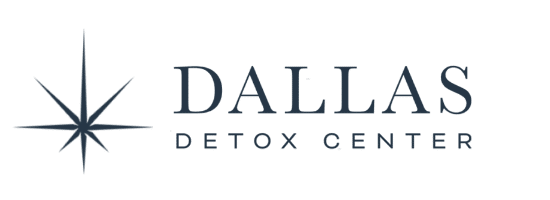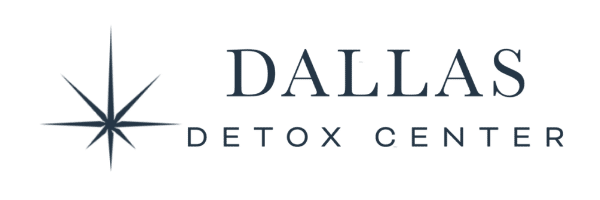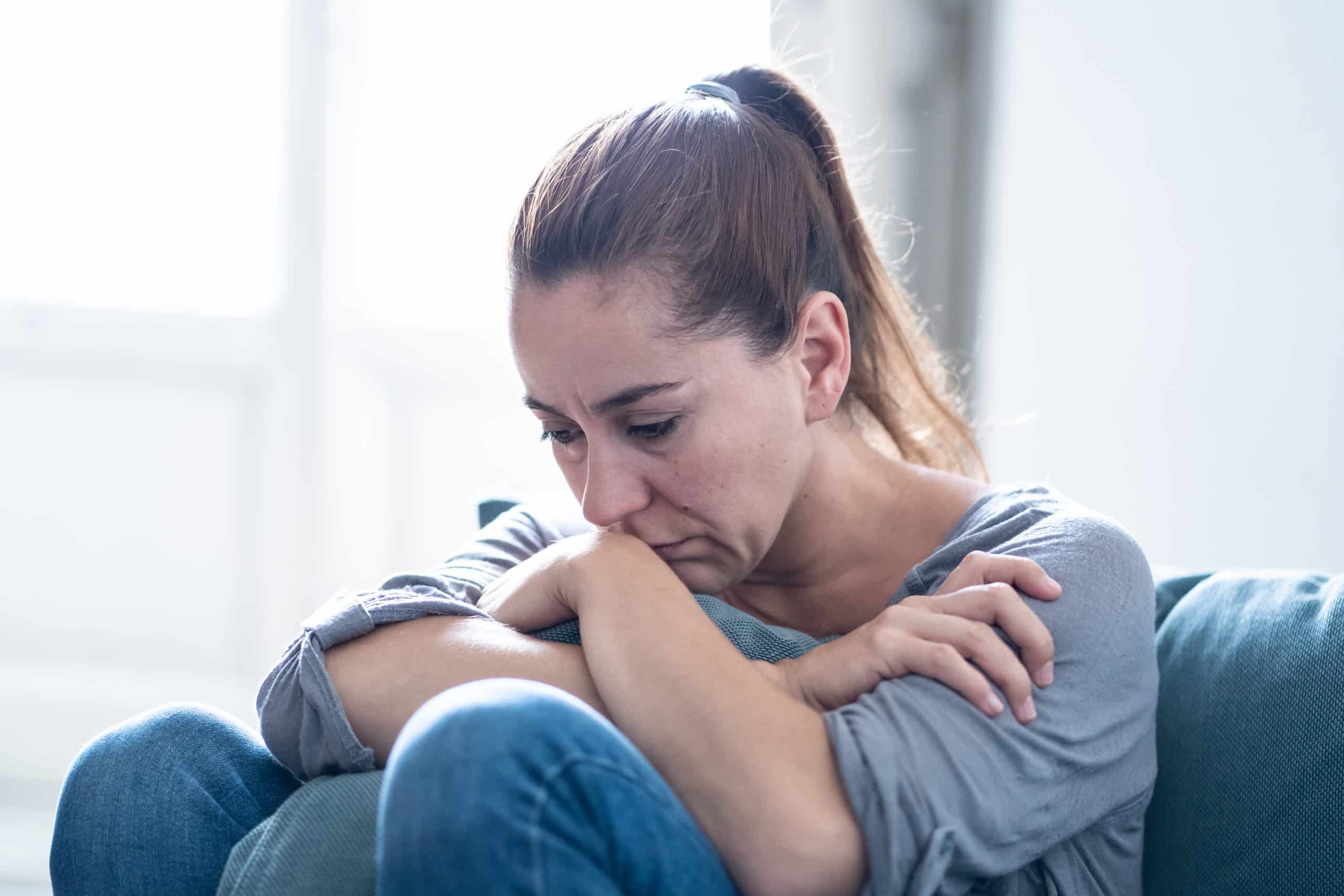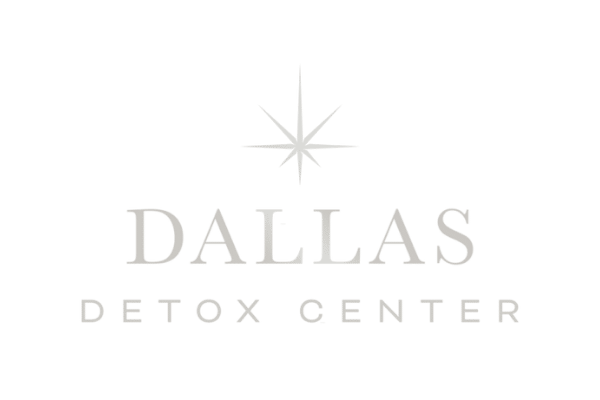If you or someone you love is showing signs of opioid abuse, it is time to get help. But what are the signs of opioid use, and what can you do to treat a narcotic addiction?
What Are Opioids?
Opioids refer to a class of drugs that are derived from the Opium poppy plant. Opioids have a variety of effects on the brain, most commonly used in prescription form and illegal form to relieve pain. Prescription opioids block the pain signals that are sent between the body and the brain, but they can also help people feel high, happy, or relaxed.
Are Opioids Addictive?
Yes, opioids are addictive. Opioid addiction is so severe, in fact, that if you have signs of opioid abuse, you need to start your treatment with medically supervised detox to help manage the withdrawal symptoms in a safe, supportive environment.
Anyone who takes opioids of any kind, whether street drugs like heroin or prescription opioids like Vicodin, can experience addiction and even overdose within a short amount of time. How much you take, how long you take it, and your personal physical and mental health can impact how severe your opioid addiction is.
Short-Term and Long-Term Impacts of Opioid Use
When you take opioids repeatedly, your body stops producing as many endorphins. This means that in order for you to feel good again, you need to take even more of the drug than you did the first time. Additional short-term side effects include slowed breathing, drowsiness, confusion, and nausea or constipation.
As this happens regularly, it creates what is called tolerance. If you have developed a tolerance to opioids, you very likely struggle with opioid addiction even if you were given a prescription.
Can Opioids Cause an Overdose?
Yes, opioid addiction or narcotic addiction can cause an overdose. According to the CDC, opioid overdose deaths have risen 4% between 2018 and 2019. Opioids were involved in 70.6% of all drug overdose deaths in America. 72.9% of opioid-involved overdose deaths involve some form of synthetic opioid
Because opioids can impact your breathing, taking too much can cause your breathing to slow to a dangerously low level or stop altogether, leading to overdose and death. An overdose can happen if you take opioids that were prescribed to someone else, if you take more than you were prescribed, or if you mix opioids with other illegal drugs, medicine, or alcohol.
Signs of an opioid overdose include:
- Pale or clammy skin
- A limp body
- Fingernails or lips that turn blue or purple
- Vomiting
- Someone who seems unconscious and is unable to speak or wake
- Slow or stopped breathing or heartbeat
What are the Signs of Opioid Abuse?
If you are worried that you may have signs of opioid abuse, you need to learn what signs of opioid addiction indicate it is time to get help.
So what are the signs of opioid use versus the signs of opioid addiction?
The signs of opioid use might not be cause for concern if an individual was given a prescription, especially after something like major surgery or an accident. If there is no prescription, then the signs of opioid use might be a cause for concern because they indicate someone is taking opioids illegally, very likely heroin.
Signs of opioid addiction include:
- Uncontrollable cravings for the drug
- The inability to stop using it
- Decreased libido
- Weight loss
- Drowsiness
- Changes in sleep
- Lack of hygiene
- Changes in exercise or social habits
- Financial difficulties, including stealing from friends and family
Finding Opioid Addiction Treatment in Dallas, TX
If you struggle with opioid addiction, you don’t have to settle for a one-size-fits-all treatment program. Whether you are experiencing early signs of opioid addiction or looking for opioid treatment After experiencing an overdose, we can help. With Dallas Detox, you get a balanced treatment program that targets your emotional, spiritual, and physical health. We know that recovery is a journey of continual growth both during your treatment with us and when you graduate from our program. That is why our staff works to empower you to sustain your recovery after opioid addiction.
If you or someone you love is showing signs of opioid abuse but are ready for help, let Dallas Detox get you the treatment you deserve.







